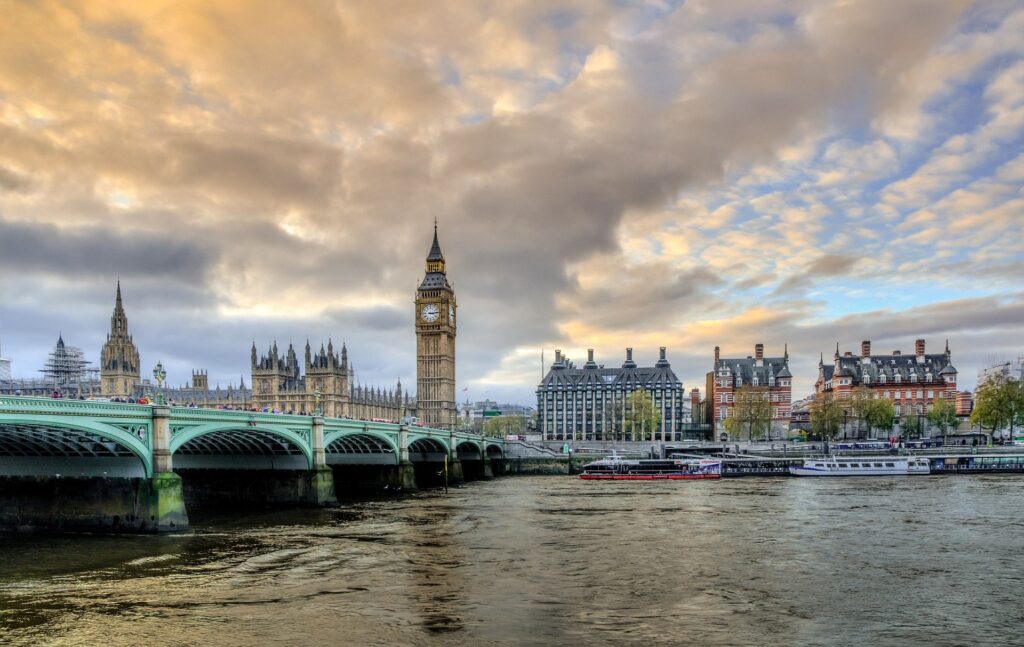

Following Wednesday’s PMQs, Boris Johnson revealed his first major re-shuffle of his senior ministerial team. Johnson made use of this re-shuffle to push his plans for reform and get started on an administration delayed from development due to the COVID-19 crisis, most notably re-directing focus towards his domestic reform agenda.
Department for Digital, Culture, Media and Sport
Former nurse and health minister Nadine Dorries takes over DCMS and with it, the tech sector, as Oliver Dowden leaves after almost two years in post to take over as Tory election planner. Dorries picks up the baton on a number of difficult files: securing global data partnerships with the US, Australia and the Republic of Korea, among others, steering the departure from the GDPR, as well as increasing nationwide access to broadband, defining an agenda for tech in net zero, and the thorny issue surrounding the Online Safety Bill.
Dorries will likely continue in the vein of the ‘culture wars’ that her predecessor involved himself in and will likely pursue the governments’ media agenda with zeal, seeking to privatise Channel 4.
The junior ranks have been cleared also: John Whittingdale leaves the Data & Media portfolio and Caroline Dinenage leaves as data minister. Julia Lopez leaves the Cabinet Office to join DCMS as a minister of state – she had previously been a driving force in the digital ID debate in the UK.
Justice Secretary
Reforming the UK’s creaking electronic execution laws and electronic trade laws now falls to Dominic Raab, in addition to resolving prison population and the human rights brief. Raab replaces former justice secretary Robert Buckland . Widely perceived as being a steady hand, Buckland’s departure comes as a surprise to some.
Foreign Secretary and International Trade
Replacing Dominic Raab as Foreign Secretary is Liz Truss. Since kickstarting her political career in 2010, Truss has served in a variety of ministerial roles but this is the most senior. Most recently, the newly appointed Foreign Secretary had been working under the international trade brief, where she obtained successes in closing trade agreements with other countries, the most recent of which being Australia. She had also kick-started trade talks with India, a task now falling to her successor, former energy and climate change minister Anne-Marie Trevelyan.
Department for Business, Energy and Industrial Strategy
Kwasi Kwarteng remains in post as Secretary of State for the department, leading the UK’s space ambitions. A new arrival to the department is Greg Hands, moving over from trade, he will take up the role as Minister of State. Together they will be tasked with working to clean up the energy system, ensure bills remain affordable and secure Britain’s place in developing and benefiting from green tech of the future.
The Rest
Amongst others leaving Government is Robert Jenrick, Secretary of State for Housing, Communities and Local Government. Having spent the last two years pushing for reforms in housing, his departure is magnanimous, leaving a legacy of his own. Gavin Williamson, Secretary of State for Defence, and Amanda Milling, Conservative Party co-chair will also be departing from Government following the re-shuffle.
Home Secretary Priti Patel, along with Health Secretary Sajid David, Defence Secretary Ben Wallace and Transport Secretary Grant Shapps are among those whose roles remain unchanged.
In Summary
Following this re-shuffle, one thing is certain, Boris Johnson’s recent success in driving the health and social care tax levy has empowered him in his quest for reform. Johnson’s three crucial briefs: education; the judiciary; and housing and communities now lay in new hands, with scepticism on whether this new administration will succeed, much is yet to be proven. The Conservative Party are eager to emerge from the pandemic as a global leader, with a focus on the future of tech, broadband and data protection. Whether, however, the same can be said for the new cabinet ministers is unclear: they may find their fates have been decided for them, with spending review negotiations already highly advanced and their ability to influence limited.